Experts split on Supreme Court verdict on EC appointments; what are the prerogatives of CECs and EC appointments?
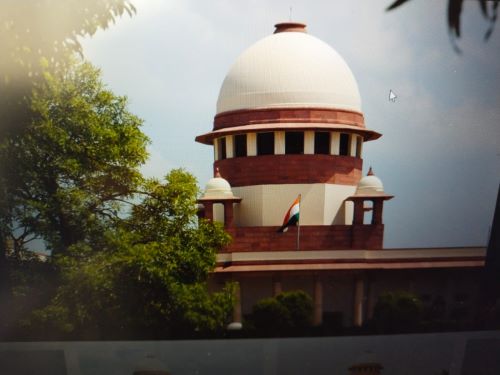
Experts split on Supreme Court verdict on EC appointments; what are the prerogatives of CECs and EC appointments?
A report in Indian Express stated that "appointments to the Election Commission are currently the central government’s prerogative. The SC has now given the Opposition and the judiciary a say in the matter, ruling that the CEC and ECs must be appointed by the President on the advice of a committee comprising the PM, Leader of Opposition in Lok Sabha, and the Chief Justice of India."
A five-judge Constitution Bench of the Supreme Court on Thursday (March 2) unanimously ruled that a high-power committee consisting of the Prime Minister, the Leader of the Opposition in Lok Sabha, and the Chief Justice of India must pick the Chief Election Commissioner (CEC) and Election Commissioners (ECs).
The Bench headed by Justice K M Joseph ruled on a batch of petitions seeking a selection process similar to what is followed in the Director, Central Bureau of Investigation (CBI) case. The Bench also comprised Justices Ajay Rastogi, Aniruddha Bose, Hrishikesh Roy, and C T Ravikumar.
What was the plea before the Supreme Court?
The public interest petitions sought a law governing the appointment of the CEC and ECs. A first PIL had been filed in 2015, and the Supreme Court agreed to hear a second PIL on the issue filed in 2018 by Delhi BJP leader Ashwini Upadhyaya and referred the matters to a Constitution Bench.
The court heard the case in November last year. On the last day of the hearing, the court noted that the assignment of Arun Goel as EC had been carried out with “lightning speed”, with the strategy taking less than 24 hours on November 18 from start to finish.
Justice Rastogi penned a separate opinion agreeing with the prevalence opinion authored by Justice Joseph. The fine print of the ruling is awaited.
There are just five Articles (324-329) in Part XV (Elections) of the Constitution. Article 324 of the Constitution vests the “superintendence, direction and control of elections” in an Election Commission consisting “of the Chief Election Commissioner and a such number of other Election Commissioners, if any, as the President may from time to time fix”.
Earlier experts were divided on the Supreme Court verdict on the appointment of chief election commissioners and election commissioners with some lauding the order while others saying the top court is not mandated to legislate and enter the domain of the Executive and the Legislature. In a crossroads verdict aimed at insulating the appointment of Chief Election Commissioner (CEC) and election commissioners from the Executive's interference, the Supreme Court on Thursday ruled that their appointments will be done by the President on the advice of a committee comprising the prime minister, leader of opposition in the Lok Sabha and the Chief Justice of India.
A five-judge constitution bench headed by Justice KM Joseph, in a unanimous verdict, held that this norm will continue to hold good until Parliament makes a law on the issue.
A vacancy will arise in the poll panel early next year when Election Commissioner Anup Chandra Pandey demits office on February 14 on attaining the age of 65 years.
His retirement will come just days before the likely announcement of the 2024 Lok Sabha polls' scheduled by the Election Commission. On the past two occasions, the EC had announced parliamentary polls in March.
S Y Quraishi, who was the chief election commissioner between July 30, 2010, and June 10, 2012, said it was an "excellent judgment".
"The Election Commission has been demanding it for a good 20 years or more. The incumbent CECs have themselves written about it several times.
I have written about it as incumbent CEC then, and as former CEC repeatedly that the appointment of election commissioners should be through collegium," he said.
"The elevation (of election commissioners) as CEC should be automatic by seniority and protection from removal which is available to the CEC should be extended to the two other members (of the EC)," Quraishi said.
While the CEC and judges of the constitutional courts can only be removed by Parliament through an impeachment process, the election commissioners can be removed by the government on the recommendation of the CEC.
The government has been following the convention of appointing the senior-most election commissioner as the CEC.
Quraishi said the process should be automatic as election commissioners feel like "probationers" wondering whether they will be elevated to CEC.
However, former Union law secretary P K Malhotra, who had also headed the Legislative Department in the law ministry, felt that through the verdict, the top court is legislating, which is not its domain but of Parliament.
"So you are legislating in an area where you have no authority. You can interpret the law, you can interpret the Constitution ... that is fine. They must have said this (the SC bench) for greater transparency.
But the same thing can be said concerning the appointment of judges also that there should be transparency, there should be a procedure," he said, referring to the collegium system of appointing judges which the government says lacks transparency.
(Extract from Indian Express and Economic Times)

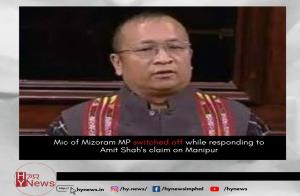


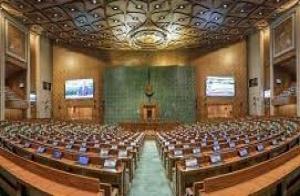



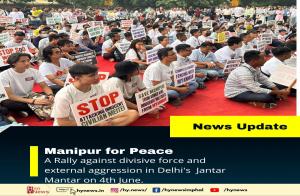
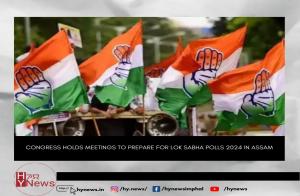
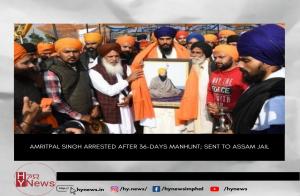
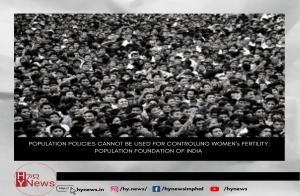
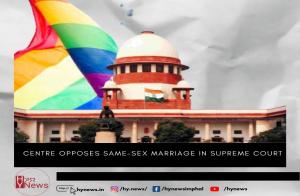
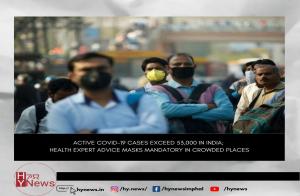
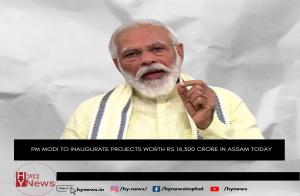
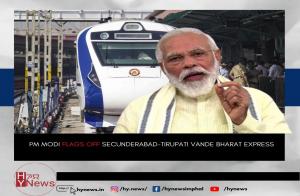
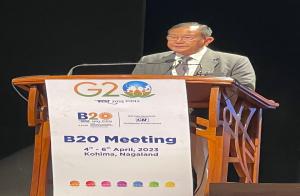
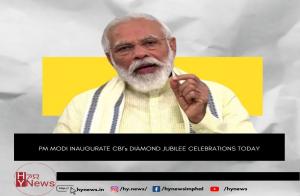

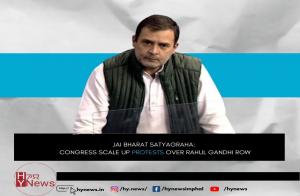

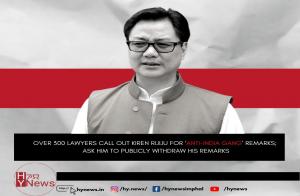
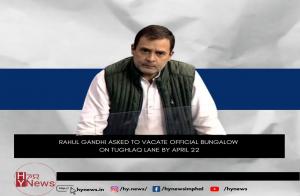
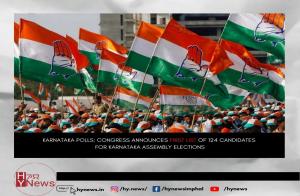
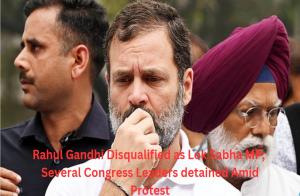

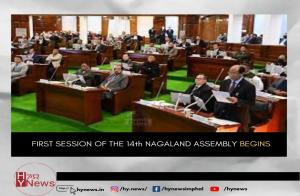
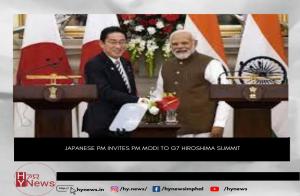
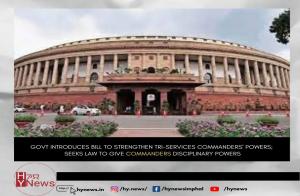
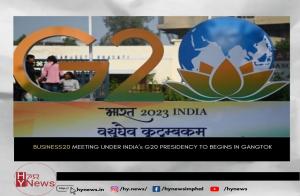
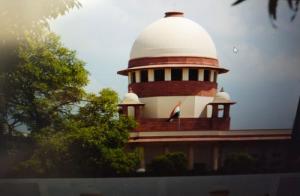





Leave Comments